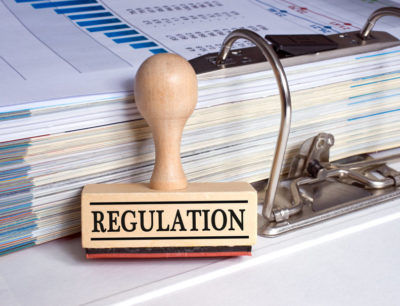New German Chancellor Olaf Scholz issued a serious Bitcoin and crypto warning ahead of the most recent price increase, Forbes reported. He also warned about energy-intensive maintenance of the decentralized bitcoin network. Scholz is a green proponent, who’s expected to lead efforts to transition Germany to a green economy after taking over from Angela Merkel.
Olaf Scholz said in 2018, before the first major increase:
I would doubt whether [bitcoin and cryptocurrencies have] any prospects as a currency model. The danger is high that it will become a tulip inflation.
He was making reference to the now infamous tulip bubble that began in Holland in the 17th century. The bitcoin network is believed to use almost 200 terawatt-hours of electricity annually. This is comparable to the power consumption of a country like Thailand.
Recently, Swedish authorities called on the European Union to ban mining, which they consider an energy-intensive crypto creation and network maintenance process. So far, no legislation has been prepared to this end.
Chancellor rips into Meta
More recently, Scholz criticized Meta’s plans to launch a bitcoin-inspired cryptocurrency. The former Facebook’s changes, made to address regulator concerns, are “cosmetic” in his opinion.
In November 2020, Scholz said he didn’t support private sector digital currencies, adding that governments had to do everything possible to guarantee the currency monopoly remained in their hands.
Hillary Clinton warns over growing crypto adoption
Scholz is not the only prominent politician to issue warnings over bitcoin and cryptocurrency going mainstream. Former US presidential candidate Hillary Clinton, who was secretary of state under president Barack Obama, stated that the rise of bitcoin and cryptocurrencies could undermine the U.S. dollar’s reserve currency status last week. Speaking during a panel discussion at the Bloomberg New Economy Forum in Singapore, she said:
What looks like a very interesting and somewhat exotic effort to literally mine new coins in order to trade with them has the potential for undermining currencies, for undermining the role of the dollar as the reserve currency, for destabilizing nations, perhaps starting with small ones but going much larger.
Clinton added that she hoped governments and regulators would start paying more attention to the rise of cryptocurrency. Apparently, this was not meant in a positive way.
Exchanges, miners, and crypto apps obviously aren’t thrilled with this attitude, opining that regulators have always strived to stifle innovation. Ideally, both sides will find ways to reach an agreement.












